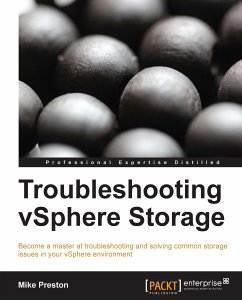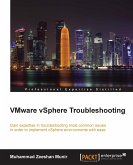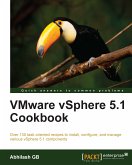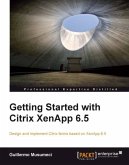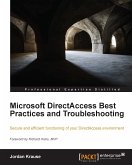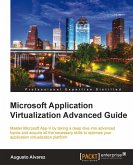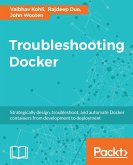Virtualization has created a new role within IT departments everywhere; the vSphere administrator. vSphere administrators have long been managing more than just the hypervisor, they have quickly had to adapt to become a ‘jack of all trades' in organizations. More and more tier 1 workloads are being virtualized, making the infrastructure underneath them all that more important. Due to this, along with the holistic nature of vSphere, administrators are forced to have the know-how on what to do when problems occur.This practical, easy-to-understand guide will give the vSphere administrator the knowledge and skill set they need in order to identify, troubleshoot, and solve issues that relate to storage visibility, storage performance, and storage capacity in a vSphere environment.This book will first give you the fundamental background knowledge of storage and virtualization. From there, you will explore the tools and techniques that you can use to troubleshoot common storage issues in today's data centers.
You will learn the steps to take when storage seems slow, or there is limited availability of storage. The book will go over the most common storage transport such as Fibre Channel, iSCSI, and NFS, and explain what to do when you can't see your storage, where to look when your storage is experiencing performance issues, and how to react when you reach capacity. You will also learn about the tools that ESXi contains to help you with this, and how to identify key issues within the many vSphere logfiles.
Hinweis: Dieser Artikel kann nur an eine deutsche Lieferadresse ausgeliefert werden.
You will learn the steps to take when storage seems slow, or there is limited availability of storage. The book will go over the most common storage transport such as Fibre Channel, iSCSI, and NFS, and explain what to do when you can't see your storage, where to look when your storage is experiencing performance issues, and how to react when you reach capacity. You will also learn about the tools that ESXi contains to help you with this, and how to identify key issues within the many vSphere logfiles.
Hinweis: Dieser Artikel kann nur an eine deutsche Lieferadresse ausgeliefert werden.

